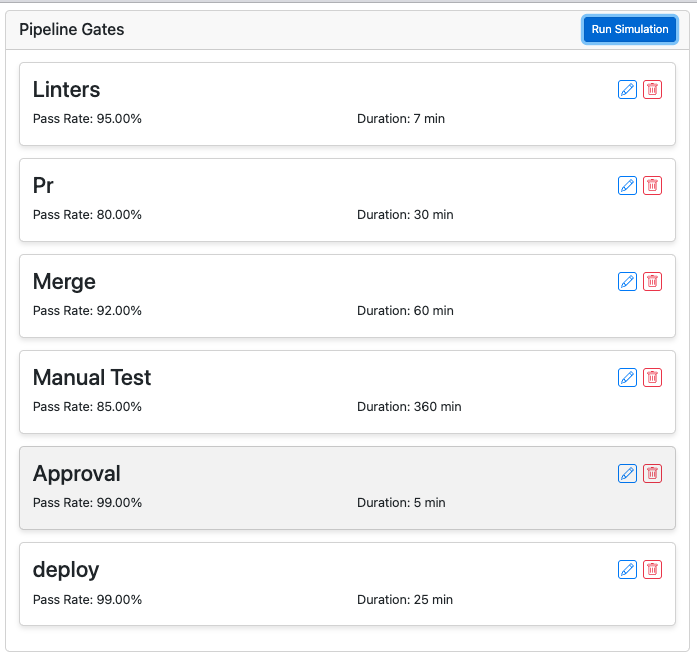Subjectivity: Who is to say what's right?
This is probably too snarky, but bear with me: If I fill my fuel tank with non-fuel or the wrong fuel, it will damage my car and fail to perform. Is that because fueling the car is a bad idea? If fueling a car is a good idea, shouldn't there be a million ways to do it so that it's easy for people? This "petrol only" rule = is too restrictive to be useful in the real world. Every time I put diesel in my petrol vehicle, the mechanic pulling my gas tank and cleaning the fuel lines tells me I'm doing it wrong. Don't they realize there's more than one way? Just because my way consistently fails doesn't make me wrong! Why should all of those elite gate-keepers put down people who choose their own fuels? Why are they so petty and close-minded? Don't you think that people should get to choose to put whatever they like in the gas tank? This top-down mandate by car makers is undemocratic! It's authoritarian! Where is the psychological safety? Who ...
